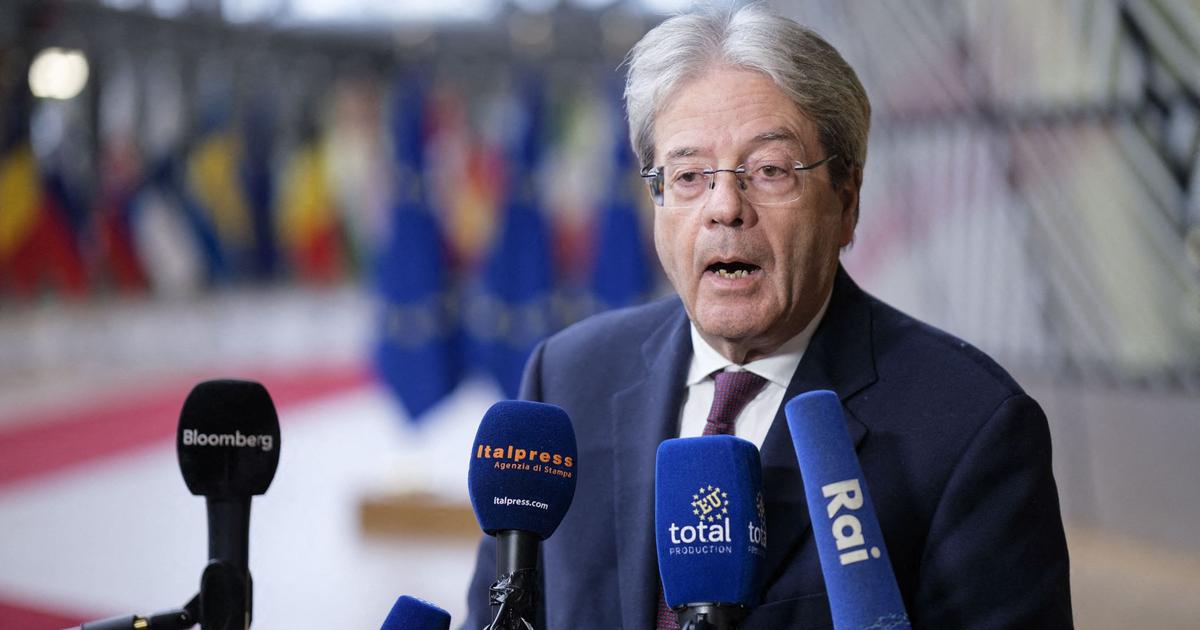Special envoy to Brussels
To discover
LIVE - Pensions: follow the new day of demonstration against the reform this Wednesday
“
These budget guidelines should be seen as a bridge between how the rules have worked in the past and how they might work in the future.
“Launched the Executive Vice-President of the European Commission, Valdis Dombrovskis, on Wednesday.
Three years after the total suspension of the application of the budgetary rules resulting in particular from the Maastricht Treaty, in a context of a pandemic and then of economic tensions caused by the war in Ukraine, the Commission confirmed that the grace period would end in 2023. An announcement that sounds like a compromise between the Member States of the North of the continent, in favor of a rapid return to the framework of economic governance, and the countries of the South, worried that this will slow down investments, in a period of economic recovery.
To satisfy everyone, the Commission is moving towards an unprecedented solution: implementing in advance the proposal to revise the framework of economic governance, outlined last November and generally supported by the Twenty-Seven.
This draft tends to offer the possibility to each Member State to negotiate with the Commission its own trajectory, rather than having to submit to uniform and obsolete rules, such as the obligation to reduce by 1/20 per year the debt over over 60% of GDP.
Credible debt reduction
“
It would be absurd to go back to applying the existing rules as if nothing had happened.
We must recognize the new post-pandemic reality and the reality of an ongoing war in Europe
,” said Economy Commissioner Paolo Gentiloni.
The compromise found for 2024, however, seems baroque, insofar as it is based on future rules that are still vague, for lack of a formal proposal from the Commission, and a fortiori, still far from being adopted by the Member States.
A trial balloon that Andreas Eisl, researcher at the Jacques Delors Institute, nevertheless sees favorably: "
If the Member States must already apply these new rules, this could contribute to fueling the negotiations on the new European budgetary framework
, he believes.
This would be the equivalent of a pilot phase which would make it possible to test the feasibility of the project.
»
In concrete terms, Member States must submit, by the end of April, "
ambitious budgetary objectives which respect the reference value of 3% of GDP for the deficit and guarantee a credible and continuous path of debt reduction, or the maintenance of this at cautious levels in the medium term
”, explained Valdis Dombrovskis.
A vague instruction, according to Andreas Eisl, which allows the Commission to play with the room for maneuver it has while waiting for the adoption of the new rules.
The latter must be the subject of a new debate next Tuesday between the Ministers of Finance of the Twenty-Seven.
The Commission intends to present its legislative proposal after the European Summit on 23 and 24 March.

